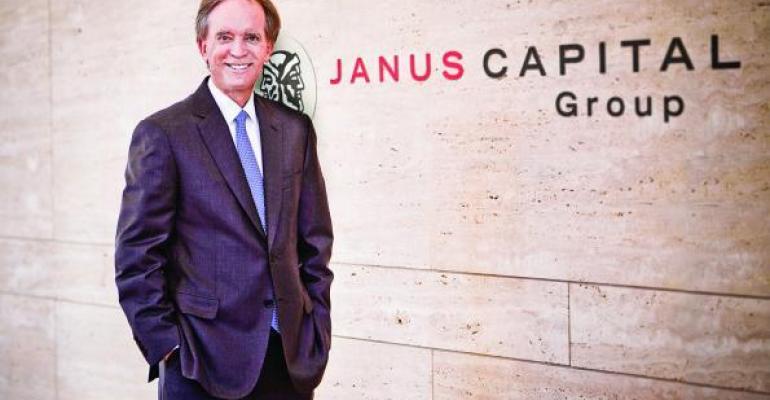The next big monetary and fiscal policy move should include an airdrop of "money from helicopters" to stimulate the U.S. economy and avoid an extended recession, says Bill Gross, a portfolio manager at Janus Capital Group Inc (JNS.N).
Gross may not be entirely serious about "helicopter money," but in his latest Investment Outlook note published Wednesday, he said the Federal Reserve and U.S. Treasury should engage in another round of quantitative easing (QE), printing trillions of dollars to buy government bonds and thereby boost the economy.
"Drop the money from helicopters," wrote Gross, manager of the $1.3 billion Janus Global Unconstrained Bond fund.
"There is a rude end to flying helicopters, but the alternative is an immediate visit to austerity rehab and an extended recession. I suspect politicians and central bankers will choose to fly, instead of die."
"Helicopter money" is an idea made popular by the American economist Milton Friedman in 1969, when he suggested that dropping money out of helicopters for citizens to pick up was a sure way to restart the economy and effectively fight deflation.
Gross noted that the Federal Reserve, the European Central Bank, Bank of Japan, and the Bank of England have effectively bought bonds from their governments for six years and allowed them to spend money to support their sagging economies.
"They buy the bonds by printing money or figuratively dropping it from helicopters, expanding their balance sheets in the process," said Gross.
"They then remit any net interest from their trillions of dollars or yen bond purchases right back to their Treasuries. The money in essence is free of expense and free of repayment as long as the process continues uninterrupted."
Gross said he believed central banks would print more helicopter money via QE "perhaps even in the U.S. in a year or so and reluctantly accept their increasingly dependent role in fiscal policy."
Such a move would allow governments to focus on infrastructure, health care, and introduce a "universal basic income" for displaced workers amongst other increasing needs.
Overall, Gross said the renewed QE from the Fed would lead to a less independent central bank, and a more permanent mingling of fiscal and monetary policy that has been in effect for over six years now.
"Chair (Janet) Yellen and others will be disheartened by this change in culture," he said.
Gross said interest rates will stay low for longer, asset prices will continue to be artificially high, and at some point monetary policy will create inflation and markets will be at risk. He also said investors should be content with low single-digit returns.






